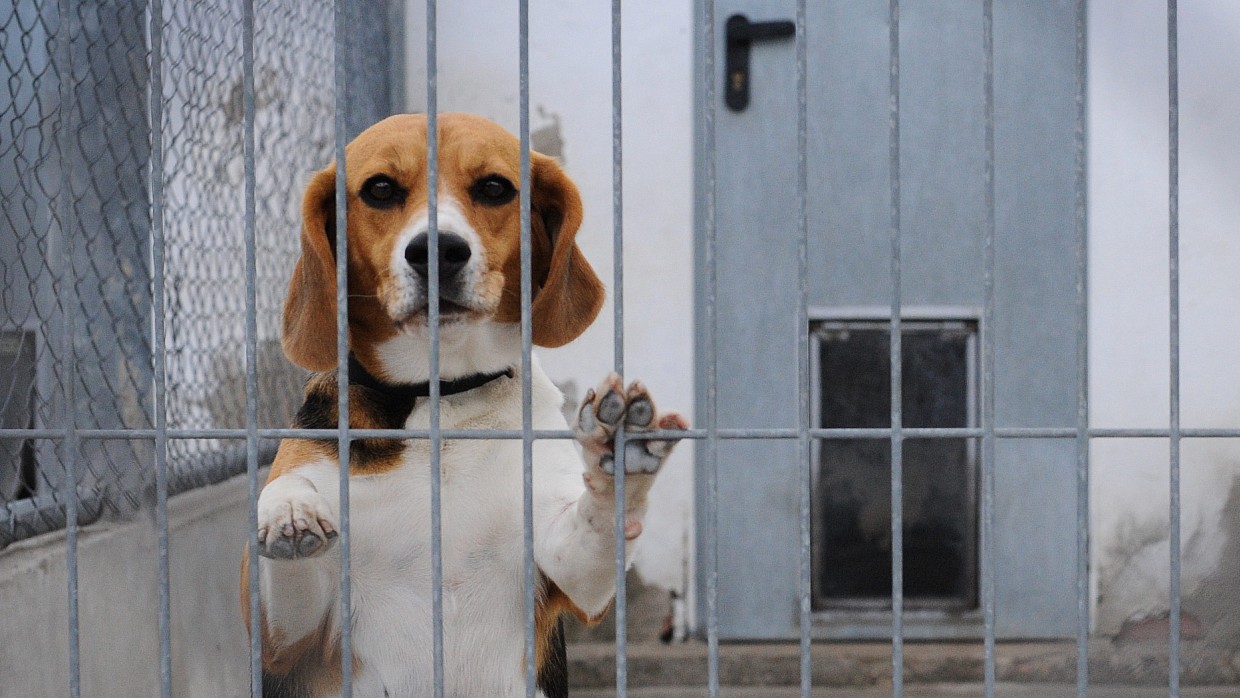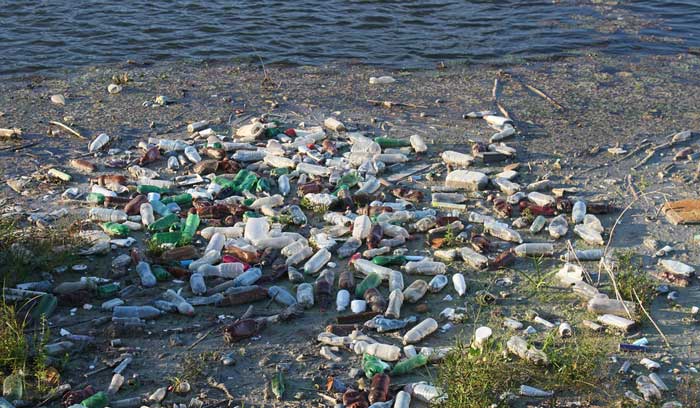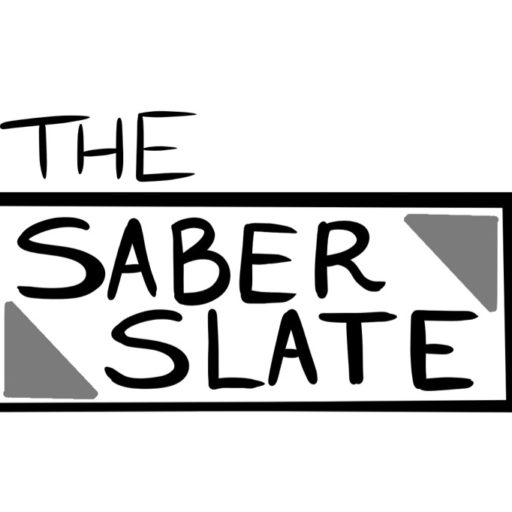by McKenna Gnas | Apr 19, 2023 | Clubs, Column, Community, News, School
Since June 8, 2022, we haven’t posted anything until this moment. With the web page fully updated and revised by an FHS programming teacher, Mr. Hust, we are able to get back to posting about anything. We’ve come up with more categories that can help inform students, staff, and families of what is going on in our school and community.
The new categories created are academics, art, and creative writing. Soon enough, a google form will be created where students and teachers can submit work that can be featured in the art and creative writing categories.
The Saber Slate was created to provide a way for students to express their opinions, ideas, and creativity, help shape perspectives and identity, and improve writing and vocab. We strive to help students be comfortable with voicing their work and opinions for others to see.
We will be meeting in the Saber Center Commons every Wednesday after school around 2:50 until 3:30. This may change, so please watch for updates. If you are thinking of joining, please fill out this Google Form.
If you have any questions, you can email jessica.kelly@franklin.k12.wi.us or mckenna.gnas@franklinsabers.org

by Reilly Jaworski | May 25, 2022 | Column
Although the world is becoming more aware of the negative effects of animal testing, it is still a widespread issue, and drawing attention to its ramifications has not been made a priority. Many individuals feel overwhelmed by the topic, as they are not sure how to help the cause to put an end to animal testing, or at least make it a lesser relied on resource. In other cases, many people may not even know that it is an issue or why it should be stopped. By outlining this issue and calling attention to the negative effects, many options for putting it to an end will spring into effect by passionate individuals such as yourself. In educating yourself on this topic, I have faith that we can work together to draw the mistreatment of animals to a final close.
There are countless downsides to animal testing. According to PETA, The Animal Welfare Act, or AWA, is a U.S. law that governs the use of animals in experimental laboratories and it allows them to be burned, shocked, poisoned, starved, isolated, restrained, and brain damaged. This law, being the only one pertaining to animal testing, is a direct encroachment on animal rights. Even though the lives of animals are being put at risk, the United States and the world at large do not have a sense of urgency when it comes to remedying this problem. Further, in addition to animal lives being jeopardized at the hand of animal testing, the lives of humans suffer due to this practice as well. According to the U.S. National Institute of Health director, Dr. Elias Zerhouni, “‘The problem is that [animal testing] hasn’t worked, and it’s time we stopped dancing around the problem…we need to refocus and adapt new methodologies for use in humans to understand disease biology in humans’” (“In Vitro Methods and More Animal Testing Alternatives”). While animal lives are being brutally harmed, the lives of humans are also at stake, as animal testing is rarely accurate. According to Brittanica’s “ProCon,” 94% of products tested and approved on animals end up failing when they move into human trials. So, the lives of animals are taken advantage of for no reason, as testing on other species does not ensure the safety of human lives. Some people believe that drugs and other products still are capable of harming humans during clinical trials. According to the American Cancer Society, testing treatments on humans may be harmful because it may unveil unknown and dangerous side effects. While this may be true, it is important to note that there are alternative testing options available that leave humans and animals out of the equation and that these options are far more accurate than animal testing.
There are many alternatives to animal and human testing that are more beneficial than testing on animals. According to Lone Star College, alternatives, such as Draize testing, can be very beneficial. Draize testing involves synthetic skin that is created by synthetic cellular tissue, offering more accurate results than animal testing. Another alternative is Eyetex, which uses synthetic eyes that turn opaque when a substance harms them, closely resembling how a human would react if there were a substance to cause them harm. Computers may also be used in place of animal testing by stimulating and estimating damage that a product may cause. Other tests include those using human tissues and cells as well as in vitro testing, where tests are completed in a tube. Each and every one of these alternatives is deemed more suitable and capable of producing accurate results. It is important that we shed light on these alternatives and donate to fund these initiatives if we want to see a change in the treatment of both animals and humans.
Now that the public is aware of the downsides and the alternatives, it is imperative that we push for an end to animal testing together and encourage companies to stop using animals to test their products and start looking for alternatives. We as consumers can aid in this process by slowing our purchasing of products that use animal testing as well as donating to initiatives that fund different forms of testing. This form of protest and education will cause companies to spring into action, taking the necessary steps to abandon their harmful practices. You have the power to make a difference and change the lives of animals and humans for the better.

by Saber Slate | May 23, 2022 | Column
This piece is by Morgan Weckman as part of her Civic Action Project:
Do you need ideas for NHS hours? Or are you looking for a volunteer experience that would benefit the Milwaukee area? If so, you should consider looking into pollution cleanup opportunities around Lake Michigan. It is not commonly known about the effects of pollution in the Great Lakes, but the reality is that pollution, especially plastic, is negatively affecting the ecosystem. Pieces of plastic are being found in animals, and microscopic pieces are even being found in treated drinking water.
According to the Rochester Institute of Technology, upwards of 22 million pounds of plastic end up in the Great Lakes every year. The problem with plastic is that it doesn’t decompose; it just breaks up into smaller and smaller parts, eventually forming microplastics. These microplastics then circulate around the environment, and can even evaporate into the atmosphere. They can also absorb a variety of chemicals, many of which are toxic. This leads to many concerns about possible effects on humans and animals as plastic makes its way into the food chain. According to a study that took fish from the Milwaukee, St. Joseph, and Muskegon rivers, about 85% of those caught had ingested microplastics. Without preventing and cleaning up pollution, this number will continue to rise and pose an even larger threat to the ecosystem. Many experts worry about the rise in animal deaths from ingesting toxins and suffocation (resulting from mistaking litter for food) and rightly advocate for cleaning up pollution before the ecosystem collapse.
This is where you come in. The most effective method of preventing pollution is reducing the use of plastic, especially single-use plastics such as plastic straws or water bottles. However, this won’t solve the problem of millions of pounds of plastic and other pollutants currently in Lake Michigan. We need to clean up what’s already out there. Many organizations throughout the Milwaukee area hold cleanups along shorelines, many of which accept volunteers. Not only one thing will solve this problem, but any little bit helps.
Check out these organizations:
Milwaukee Riverkeepers: an organization whose “mission is to protect, improve and advocate for water quality, riparian wildlife habitat, and sound land management in the Milwaukee, Menomonee, and Kinnickinnic River Watersheds.” They hold a variety of events and programs, their most well-known being the adopt-a-river program. This program allows anyone to “adopt” a part of a river in the Milwaukee River Basin, and pick up litter at least two times per year.
View their website at milwaukeeriverkeeper.org.
Alliance for the Great Lakes: an organization committed to keeping the Great Lakes clean. They do a lot of advocacy and cleanup around the Great Lakes. There are many volunteer and event opportunities throughout the year, including an Adopt-A-Beach program.
View their website at greatlakes.org/get-involved/.


